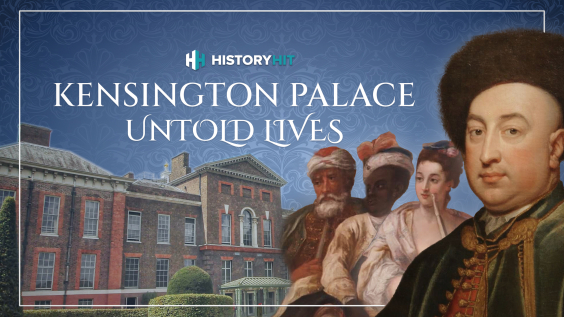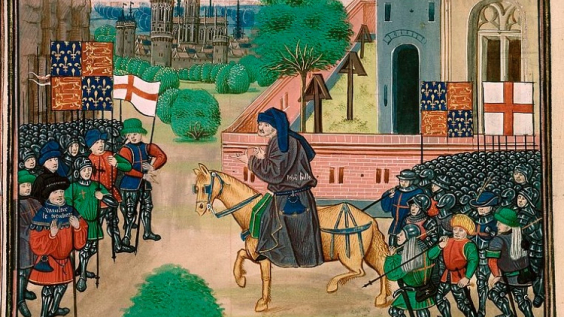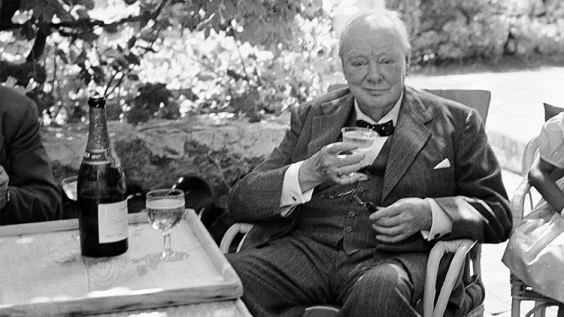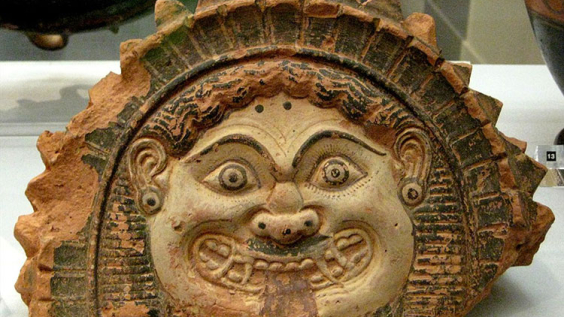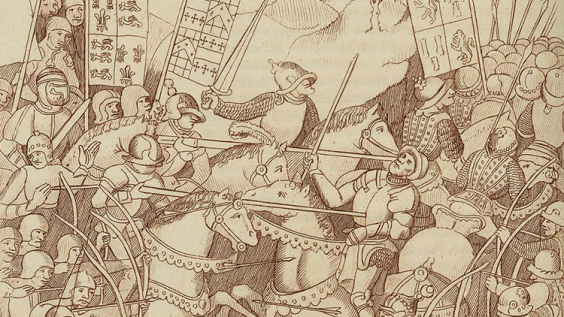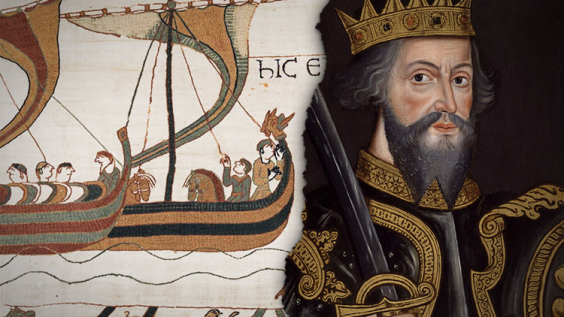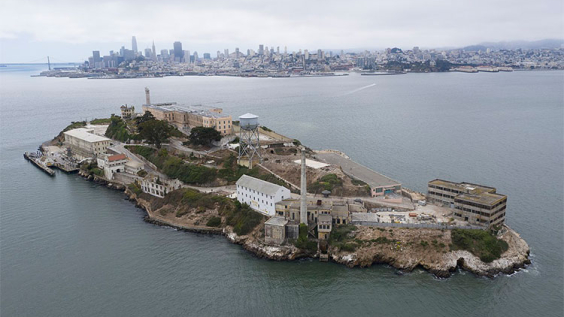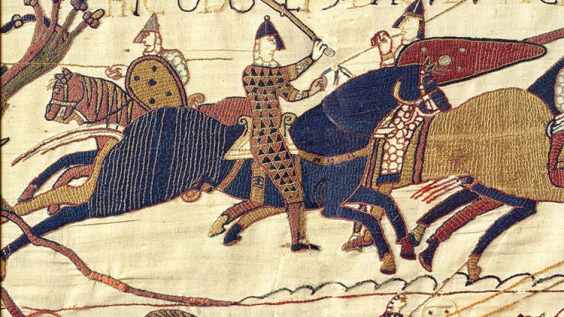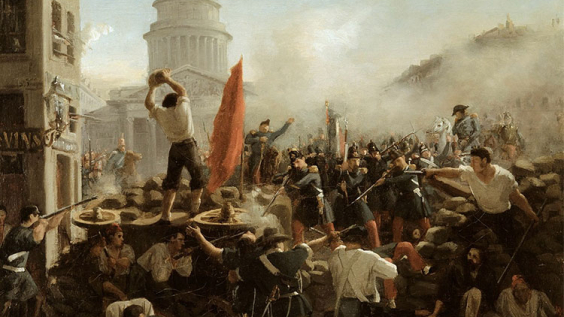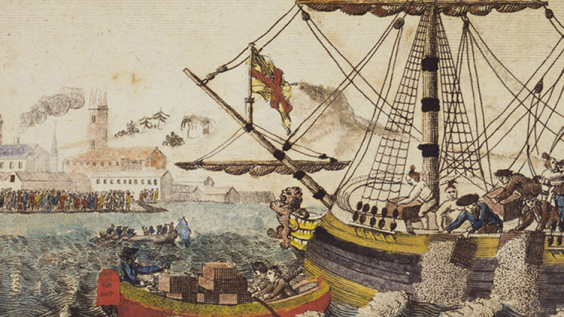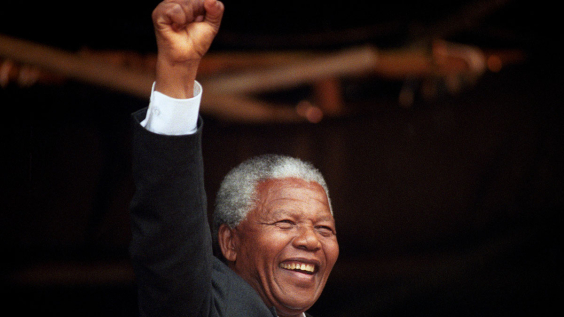
6 oppositionists
Richard Russell

The patriarch of the obstructionist Southern caucus, and long-serving Senator for Georgia. Russell repeatedly marshalled the conservative Southern Democrats into opposing any Civil Rights legislation.
George Wallace

Tuscaloosa Mayor George Wallace publicly resisted JFK’s integration of the University of Alabama, and would later run in the 1968 Presidential Election as an independent, winning 10% of the popular vote.
Eugene ‘Bull’ Connor

As Police Commissioner of Birmingham, Alabama, ‘Bull’ Connor decided to crush the ‘Project C’ protest and so inflamed popular opposition to segregation. JFK called the Civil Rights Act he introduced in June 1963 ‘Bull Connor’s bill.’
 Listen Now
Listen NowStrom Thurmond

Thurmond served for 48 years as Senator for South Carolina, switching parties in opposition to the 1964 Civil Rights Act. He was a key member of the obstructionist Southern caucus.
James O’Eastland

Senator for Mississippi, patron of Lyndon Johnson and enthusiatic proponent of racist rhetoric. Eastland was renowned for scapegoating Mississippi’s black community, and opposed the Freedom Rides and the admission of James Meredith to Ole Miss.
Ross Barnett

Governor of Mississippi who headed the resistance to the registration of James Meredith at the University of Mississippi.
 Watch Now
Watch Now4 unsung heroes
Ella Baker

Perhaps the most influential woman in the Civil Rights movement after Rosa Parks, whom Baker mentored in the before her Montgomery stand. She largely worked behind the scenes, but associated closely with the major activists, including Randolph and King.
James Meredith

James Meredith is largely remembered as a pawn at the centre of the 1962 Ole Miss crisis, but Meredith consciously pressured the Kennedy administration, forcing it to confront Southern prejudice directly.
Bayard Rustin

Rustin was an early advocate for the non-violent resistance model, a direct influence on King. He was the chief organizer of the March on Washington, but rarely shared the spotlight with his more illustrious comrades.
Senator Everett Dirksen
![CRF-Dirksen]](https://www.historyhit.com/app/uploads/2020/07/CRF-Dirksen-1.jpg?x68993)
As Senator for Illinois Dirksen was an essential figure in passing the 64′ act. His support for the Bill undermined the traditional alliance between Southern Democrats and Western Republicans over Civil Rights.
8 activists
AA Phillip Randolph

Head of the Brotherhood of Sleeping Car Porters, and an equally prominent labour and civil rights activist, Randolph played a central role in Project C and the March on Washington.
Rosa Parks

In Montgomery, Alabama on December 1 1955 Rosa Park’s single act of defiance – refusing to obey a bus driver’s order that she give up her seat in the coloured section of the bus to a white passenger – sparked the first major co-ordinated civil rights protest – the Montgomery Bus Boycott.
Although this failed in its immediate aims it precipitated subsequent protests, and Parks became an emblem for peaceful stoicism in the face of white oppression. Her act of civil disobedience set an example for future protests.
 Watch Now
Watch NowJames Farmer

As Head of the Congress of Racial Equality, Farmer co-ordinated the Freedom Rides and other emblematic protests.
John Lewis

The last surviving leading member of the Big Six Civil Rights organizations, Lewis was head of the Student NonViolent Coordination Committee from 1963 to 1966 and helped organize the March on Washington. He was also one of the Freedom Riders.
Roy Wilkins

Wilkins was Executive Secretary and later Executive Director of the National Association for the Advancement of Coloured People. He was an articulate and well-respected activist who helped organize the March on Washington and the Selma-to-Montgomery marches of 1965.
 Listen Now
Listen NowWhitney Young

Whitney Moore Young Jr. entered the National Urban League’s Omaha, Nebraska chapter in 1950, and rose to become the organization’s Executive Director in 1961.
Under his leadership it evolved from passive protest toward aggressively lobbying large businesses to increase black employment, and Young himself acted as a direct advisor to Presidents Kennedy, Johnson and Nixon until his death in 1971.
Fred Shuttlesworth

As head of the Alabama Christian Movement for Human Rights, Shuttlesworth orchestrated the era’s most significant civil rights protest – Project C in Birmingham, Alabama. He also helped organize the March On Washington For Freedom And Jobs.
Martin Luther King Jr.

Chairman of the Southern Christian Leadership Council, Baptist minister, Nobel Prize winner and figurehead of the civil-rights movement. King embodies black activism in modern memory.



